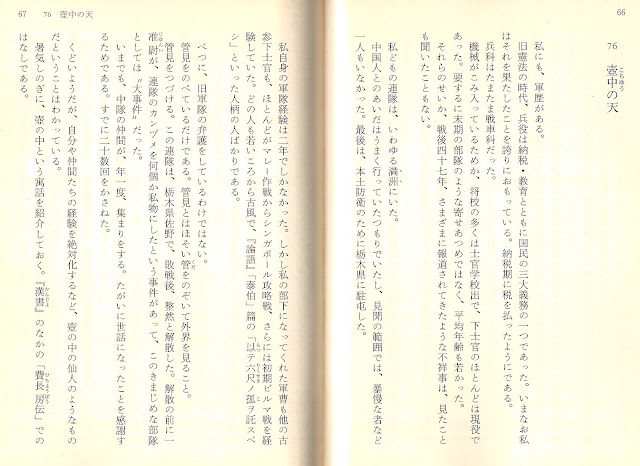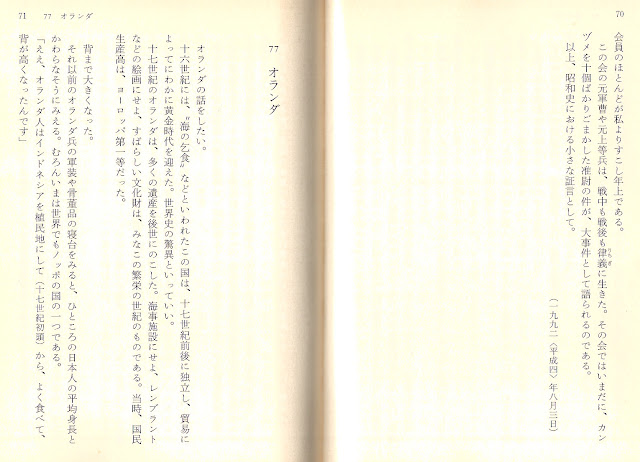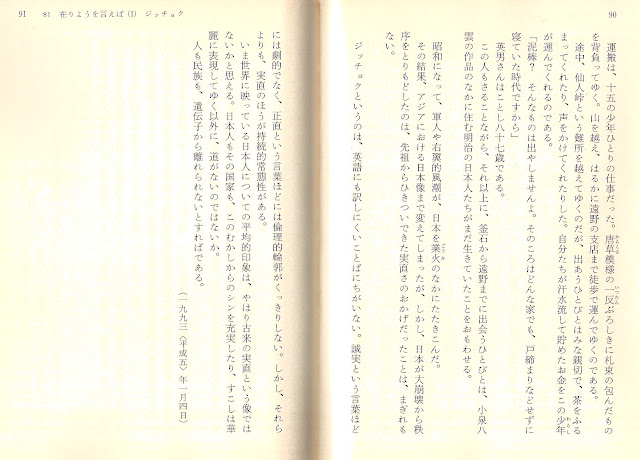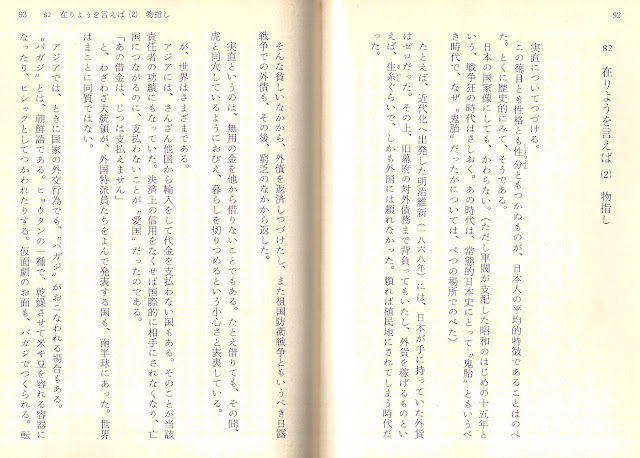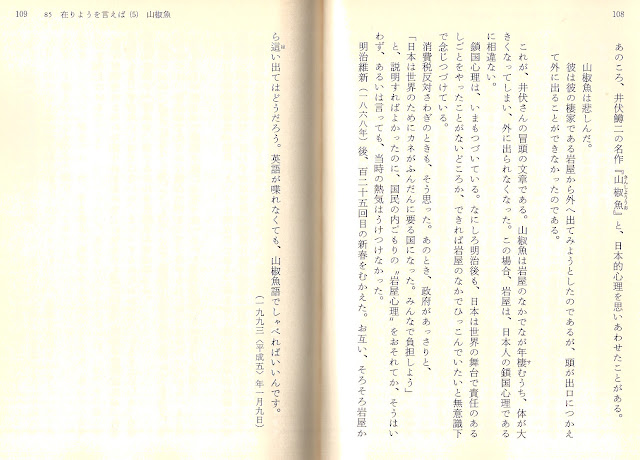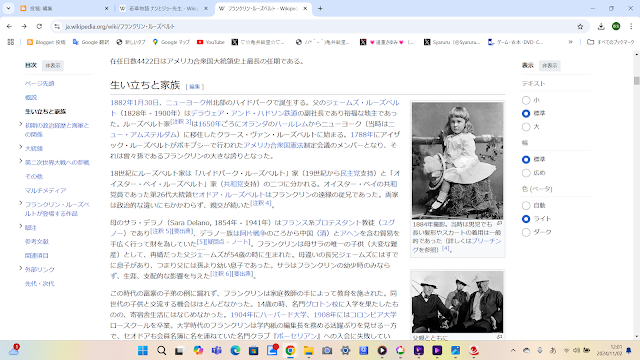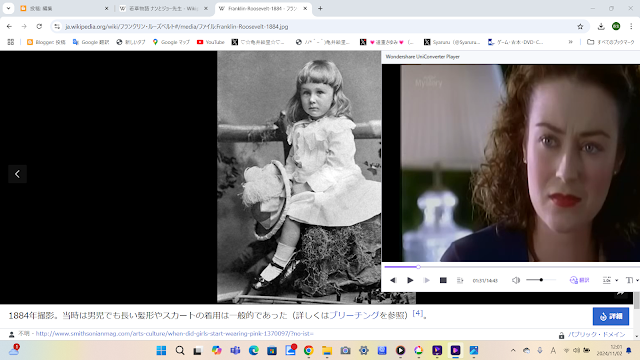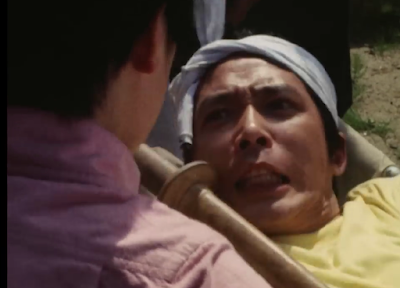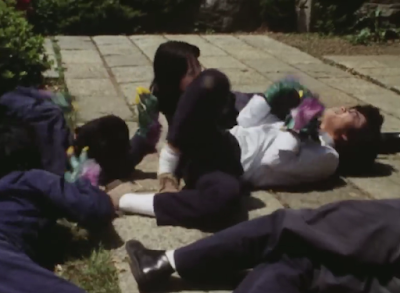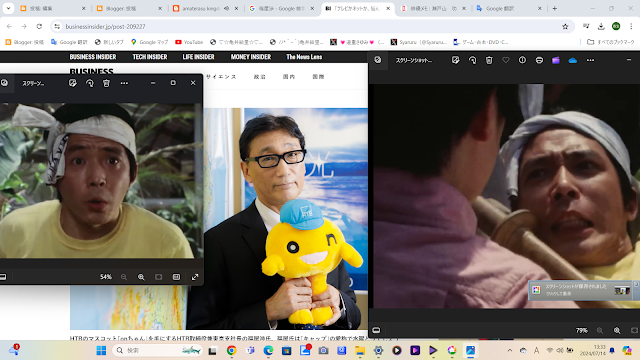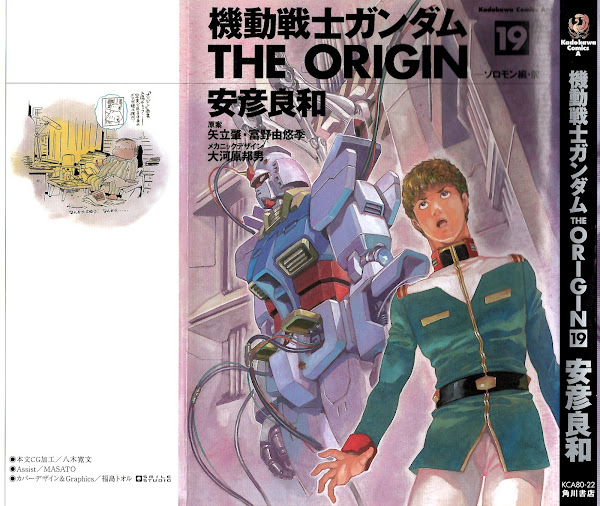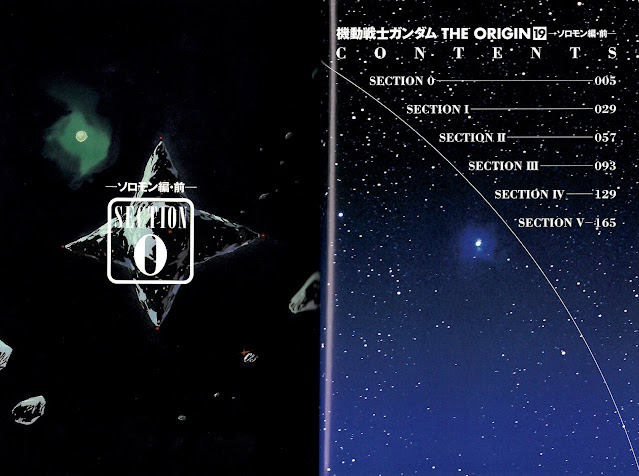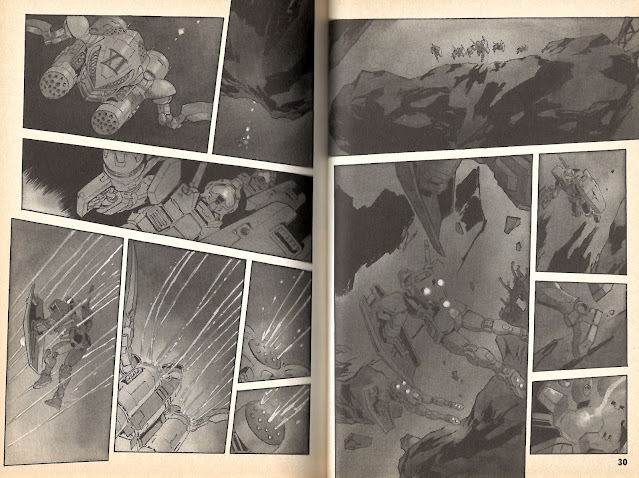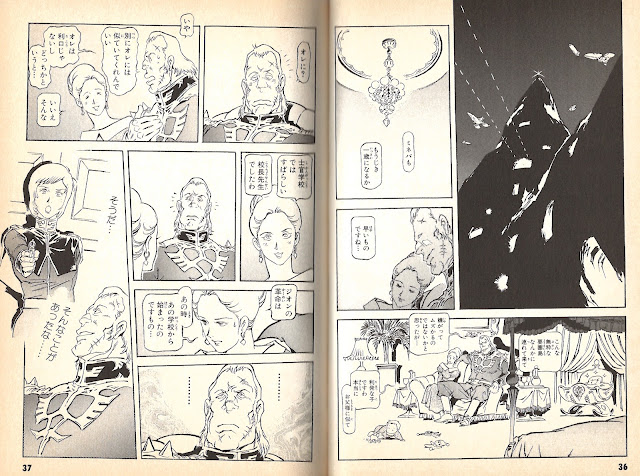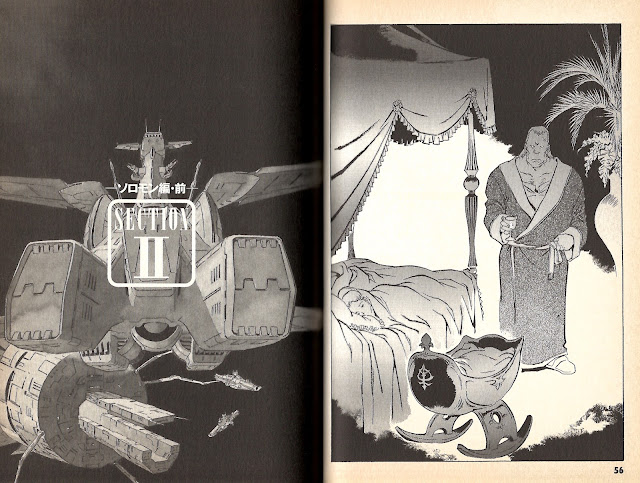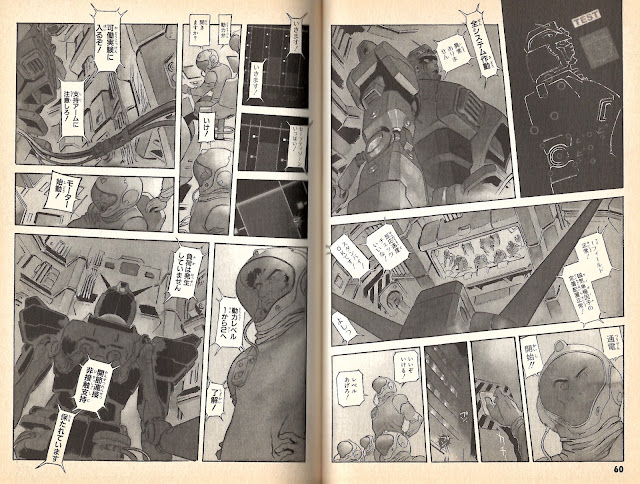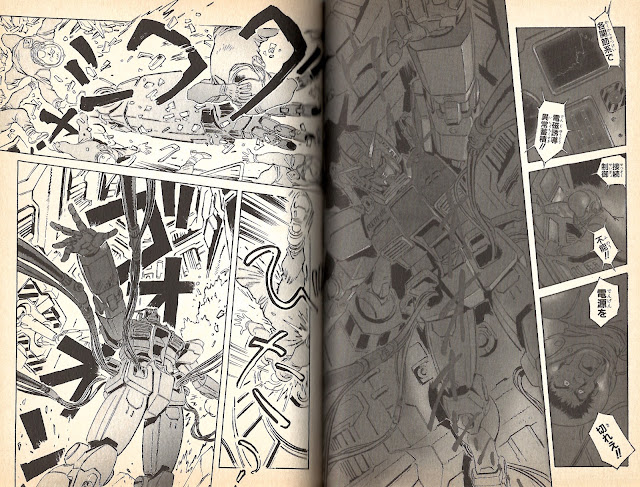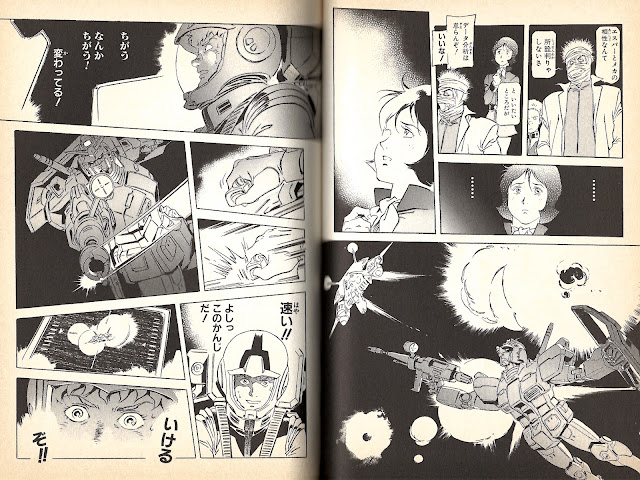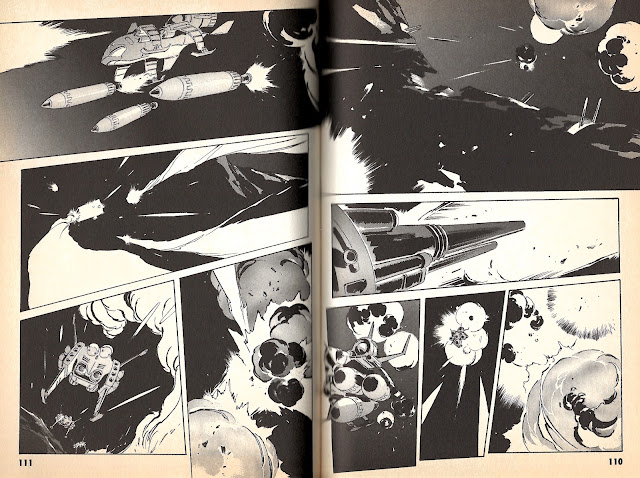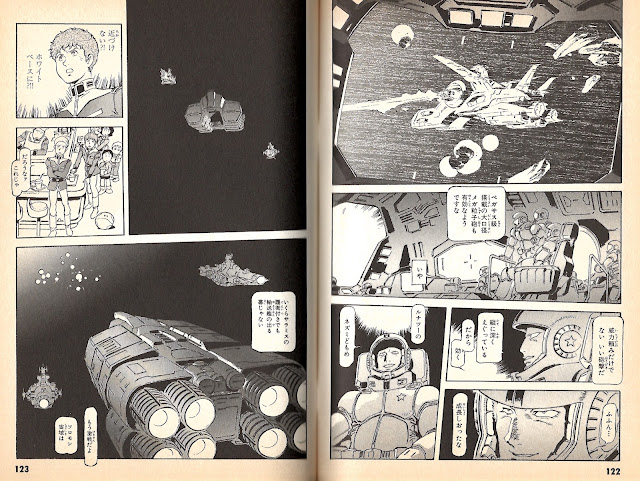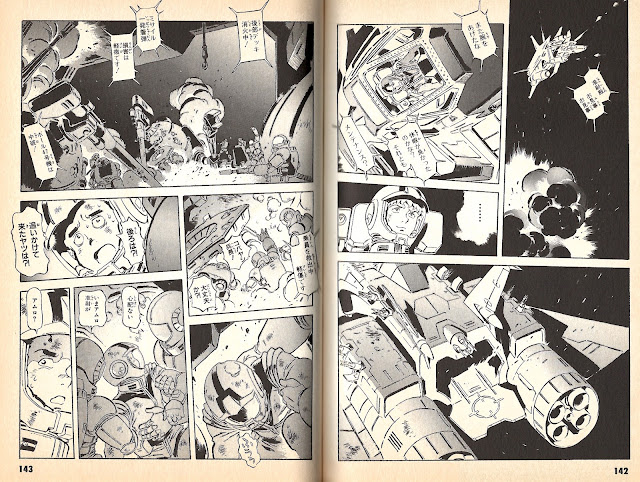"I have no time to sleep (I have)." Such a rumor is in me(lol). In order to assimilate the contents at the same time、I think that this pace is the limit. At this pace、there is not much time lag with me. Because I also think that "I see," while composing this blog(lol). 1月 30, 2019 (Only text part)
This is a just inaccurate parsing of Shiba Ryotaro-san's opinions、based on my own memory of reading his books.
Shiba-san probably entered what is now Osaka University of Foreign Studies some time after the Pacific War began (the educational system was different then than it is now).
Shiba-san majored in Mongolian at this school.
Based solely on my recollection of what Shiba-san said、after failing the entrance exam for a national university at the time (which may have been the only one that could be called a university)、Shiba-san was so devastated about his future that he decided to go to Manchuria and Mongolia and become a bandit、and enrolled in a local foreign language school in Osaka.
Apparently、adventure novels of this nature were popular among boys at the time.
However、at the time、there were few people majoring in Mongolian、so Shiba-san was apparently calculating that after graduating from the University of Foreign Studies、he might be able to get a job as a staff member at the Japanese Embassy in Mongolia(lol).
However Shiba-san says that after entering the University of Foreign Studies、he began to vaguely think that he wanted to pursue a career in literature amid the hedonistic life of an ordinary young man、and just as he was considering transferring to the Faculty of Letters at Waseda University、which was easy to get into at the time、he was mobilized as a student and was assigned to Manchuria as a tank soldier.
While he was posted to Manchuria、he would visit the farms of the Manchu people in the neighborhood who he had become friends with on his days off (according to Sima-san、he also said that he wanted to further improve the Chinese he had learned at school).
At that time、it was already the final stage of the Pacific War、but Shiba-san、a second lieutenant in the Japanese army、said that from his own experience、"The place was peace itself. I never heard any rumors of 'atrocities committed by Japanese soldiers,' nor did I ever see any 'Japanese people acting arrogantly as rulers'." - Of course、Shiba-san said、"This is an opinion that excludes the premise that it is unnatural that Japanese soldiers are stationed there".
Come to think of it、when the national author Shiba-san visited Aomori、he was naturally warmly welcomed by the locals.
When Shiba-san said、"I failed the entrance exam for (what is now) Hirosaki University," it seems that for some reason those around him started to treat him more carelessly after that(lol). - Naturally、Shiba-san from Osaka must have said this in a joking manner.
So、from here on I will get to the main topic、which is based on my memory and my own convenience(lol). 2024103008:11(japan time).
I think that the Mongolian language that Shiba-san studied at the time was the language of Mongolia as seen from the perspective of the Empire of Japan、a country that had intentionally erased the existence of the Soviet Union and Russian from its consciousness.
However、in a conversation we had around 1980、I think Siba-san said、"Mongolian is still like that".
Shiba-san's first Mongolian teacher was、I believe、a former?Mongolian aristocrat from America、and the first Mongolian phrase Shiba-san learned was、"Mongolians wear obi、but Chinese don't (or maybe it was the other way around・lol)".
So、let's get to the main topic. For example、in modern Japanese kanji (Chinese characters)、"pencil" is written as "鉛筆".
The character for "鉛筆" is generally pronounced "en-pitsu/えん-ぴつ".
This kanji means "鉛(lead)/筆(brush)."
If you know the meaning of these kanji、even if you cannot read the noun、it is clear that the literal translation of this noun is "brush of lead".
In the 21st century、with such a wide variety of pens、it may be difficult to imagine a pencil when you hear the phrase "brush of lead," but when you put it this way、I think you'll understand.
I think this kanji for "鉛筆" was created in Japan during the Meiji period (I think it was originally a different kanji).
During this period、Japan was one of the first countries in East Asia to introduce Western civilization on a large scale、and many translated words (combinations of kanji characters) were created in Japan (this also includes giving new meanings to old kanji nouns).
And many of these kanji nouns were introduced into China during this period as a sort of reverse import、because it was "easy to understand (the meanings would make sense in Chinese)".
※However、I won't know without doing some research whether the noun "鉛筆" was introduced to China or whether it is still used as a general noun in China today.
Now、to the main topic(lol). Although the expression "literal translation of nouns" seems a little strange to me (lol)、to simplify it for my own convenience、Shiba-san is saying that Mongolian、and originally Japanese、is made up only of these "literal translations of nouns".
If it were "brush of lead," there would be fewer problems、but if I were to invent a word for the convenience of my story(lol)、the Mongolian word for the physical object called pencil、or the original Japanese noun、could easily become something like "a type of brush used for writing、consisting of a sharpened、long、thin wooden stick with a lead core instead of ink inside".
※It seems that modern Mongolian does indeed have this kind of property、but that is why I expect that just as the Japanese introduced kanji from China into Japanese、Mongolians are responding in a more realistic way、for example by using the Mongolian pronunciation of Russian nouns.
It seems like the logic of this main topic has already fallen apart、including the part "easy to understand (the meanings would make sense in Chinese)"、but I'll continue on with the main topic(lol).
Speaking of which, the time when Japan most actively introduced Chinese characters from China was during the "隋唐演義" period、but even after that、mainland China was a melting pot of ethnicities and there were many major upheavals (Japan also participated a few times - no laughing matter・lol)、and as a result, the pronunciation of Chinese characters in Japanese is often older than the pronunciation in modern Chinese. - Naturally、over the course of more than 1,000 years、there may have been many cases where the pronunciation changed one after another to become Japanese accented.
Chin Shunshin-san、a Japanese novelist of Hakka origin who was a classmate of Shiba-san at Osaka University of Foreign Studies (although we're not sur、he may have studied for the imperial examination as a boy)、said、"From China's perspective、the Empire of Japan、if we consider the long span of history、may have been like one of the Five Barbarians and Sixteen Kingdoms"(lol).
So(lol)、Shiba-san said、"Probably the biggest reason why China has continued to be China is the existence of ideographic characters、called Chinese characters".
"If Chinese characters were phonetic characters like the alphabet、China would probably have become a continent with multiple nations like Europe by now (for example、Sichuan Province alone has all the conditions necessary for a huge nation to be formed)".
※If I add the words "appropriate scale" here、does that make it "toxic substances have been mixed in"(lol)?
It's been a few years now、but in my head (lol)、I have already come to the conclusion that "the essence of the People's Republic of China is a 'united states that includes Taiwan'、and a 'republic that is a collection of autonomous regions'".
Similarly、the armed forces around the world are the Earth Defense Forces、or the Self-Defense Forces.
"In the long run、I don't know whether the unified state of mainland China is the normal state or the divided state is the normal state,'' I think Siba-san and Chen-san said in the conversation、and Until Qin Qin's unification、China remained divided (to a narrower extent) for several thousand years.
The introduction of matchlock guns to Japan in the mid-16th century and the success of mass production within the country were undoubtedly the major factors that rapidly brought an end to the Warring States period in Japan、which lasted throughout the 16th century、and led to the unification of Japan (Japan was at the time entering a period when it was one of the world's leading gold-producing nations).
During the reign of Emperor Wu of the Han Dynasty、the Han generals Wei Qing and Huo Qubing won successive battles against the Xiongnu、who had previously been difficult for China to defeat、and finally dealt a major blow that brought the Xiongnu to the brink of extinction.
"This was several decades after the collapse of the Qin Empire and the end of the great war of Han and Chu's hegemony (after the establishment of the Han Empire、the Han Empire continued submissive diplomacy to the Xiongnu Empire、and as a result, the north was relatively peaceful) was filled with enormous energy、and Wei Qing and Huo Qubing were related to Emperor Wu's favorite princesses、so weren't they given the Han Empire's most elite army and staff by Emperor Wu?" Chen-san said.
"During this period、iron manufacturing technology made great strides in China、and as a result、the quality of the armament of the soldiers of the Han Empire may have overwhelmed the Xiongnu Empire." Shiba-san said.
Lead?- ※I believe this was a soft bronze arrowhead (armor as well?). 2024103111:33(japan time).
The range of the bows and arrows of the Han Imperial Army's infantry was far greater than that of the Xiongnu cavalry's bows and arrows、and while the Xiongnu arrowheads could not pierce the armor of the Han Imperial Army's infantry、the iron arrowheads of the Han Imperial Army's infantry easily pierced the armor of the Xiongnu cavalry.
And steelmaking requires huge amounts of thermal power.
Didn't the rise of steelmaking technology at this time bring about the serious environmental destruction that continues to exist in China?
That's what Shiba said.
"There is too little greenery on this land."
A Western missionary who came to China in the 19th century began planting trees in his parish?as a lifelong theme、and after a dozen years the trees finally took root.
Then、when he left the area and returned a dozen years later、he found that all the trees he had planted had been cut down for firewood by 'the residents'.
I once read an anecdote like this in a book by Shiba-san.
Now、unrelated to this、if I were asked to name a representative Japanese person who ended Japan's Sengoku period、the first one that comes to mind is Oda Nobunaga (he was Toyotomi Hideyoshi's master and Tokugawa Ieyasu's ally who was like an older brother).
Nobunaga started out as a medium-sized feudal lord in the Tokai region of Japan、and by the time he was around 50 years old、he was killed in a rebellion by his vassals (for better or worse、he continued to push himself too hard to confront 'conventional wisdom')、but he had conquered most of the central part of Honshu (Toyotomi Hideyoshi inherited Nobunaga's business with his own strength).
I lack the ability to explain his business in detail、but each time he succeeded in conquering a territory、he abolished the checkpoints (which were the vested interest of local feudal lords at the time、where they charged money from common people for reasons such as tolls)、and allowed anyone to do any business they wanted、regardless of guilds (although there may have been restrictions on where they could do so).
Also、when he was still a weak force、he used every possible form of flattery and subservience diplomacy to the surrounding large powers、taking great care to avoid incurring their hostility towards him (he was merciless towards those he believed he could defeat).
One of the people against whom Nobunaga used his flattering diplomacy was Takeda Shingen.
Shingen formed a major alliance with the enemies around Nobunaga、who had become a major power、and personally led the army against Nobunaga、marching toward Kyoto (though some disagree); he went so far as to seem capable of destroying Nobunaga and then ruling Japan、at least temporarily、with a coalition government、but then he died of illness and everything was for naught.
This Takeda army was a brave cavalry corps (I don't think the actual situation is well understood)、but a few years after Shingen's death、they suffered devastating losses at the hands of the Oda-Tokugawa allied forces、who used a tactic of continuous firing from thousands of matchlock guns…so、although I wrote inaccurate information about Japanese history like this、I think I got my point across、so if you are interested、please check it out for yourself and compare (lol).
Now、onto the main topic (lol).
Chinese texts written thousands of years ago should be readable today as it (Japanese texts written thousand of years ago cannot be read without training、not due to a problem with the font).
This is a simple question: I think that even within Chinese today there are several different languages、even without including the languages of ethnic minorities.
Even if they cannot understand what the other person is saying、they can communicate instantly by writing sentences.
This is the main reason why Greater China has continued to remain united as Greater China.
Even though the pronunciation of spoken languages is different、is the grammar all similar?
I think Chen-san said that the starting point of Chinese written language、which was writing sentences on wooden tablets (oracle bones)、may have made Chinese a compact language、but the grammar of spoken and written language Is it completely different?
※For thousands of years、dynasties have risen and fallen many times、but Chinese civilization itself has endured without interruption or destruction. 2024103111:30(japan time).
Well、the text is getting long、and my arguments are becoming increasingly vague(lol)、so I'll stop here、but I'd like to tell you one more thing about Shiba-san’s text.
"Since Liu Bei Xuande and Zhuge Kongming were from different places、when they first met they may not have been able to understand each other's language and may have communicated through writing."
Shiba-san wrote it like this (As for Zhuge Liang、it may have been in northern Jingzhou、where he spent his youth).
However、Liu Bei also spent several relatively peaceful years in northern Jingzhou and was probably able to speak the local language to some extent、so it seems possible that the two of them conversed using the dialect of northern Jingzhou、in the same way that international students at a university in New York use English as a communication tool.
By the way、I'm sure Shiba-san wrote that "Mongolian grammar is very similar to Japanese、so it was very easy for Japanese people to learn," and "it may be easier than for someone in southern Kyushu to learn a language in northern Honshu".
And "it is believed that Sakamoto Ryoma used the samurai language of Tosa、so it is not clear what Tosa dialect he actually used".
※Come to think of it、Shiba-san might have said something like、"When it came to complicated topics like 'The Plan to Divide the Country to Three territories,' they might have switched to writing、which allowed them to communicate more accurately". 2024110104:14(japan time).
※"Battles between tanks are not fought based on Yamato spirit、but based on the performance and numerical values of each tank.
Our tank's shells cannot penetrate the frontal armor of American tanks、but the shells of American tanks can easily penetrate the frontal armor of our tanks like shoji paper (although to us、the crew、the armor of our tanks is not like shoji paper).
If the shell that entered the vehicle had penetrated straight through、there would have been some hope for the situation.
However、the armor of Japan's tanks has the power to prevent those shells from flying out of the vehicle.
(However、the armor of Japan's tanks is designed to prevent the shell from escaping the vehicle.)
As a result、countless fragments of the shell that exploded inside the vehicle would fly around、and all the crew would be reduced to pieces of meat as if they had been put into a blender."
I guess that's how artillery shells are designed.
I think there was a rule in the Japanese Army that if a tank crew ran away from a tank during a battle、it would be a serious crime to be court-martialed.
"However、the engine was excellent."
I think that's what Shiba-san said(lol). 2024110104:34(japan time).
※☟Original text as of 19:57am, 1/30/2019(japan time). 2024103111:20(japan time).
Monday, 4 March 2013
stigma
"The war began in Kyoto."
"At last、we have the opportunity to get rid of Satsuma and Choshu."
When this news arrived in Edo, the Tokugawa samurai in Edo exploded their joy.
But immediately after this、Yoshinobu came back to Edo.
"His face was pale."
Katsu wrote so.
・・・・・・・・・
"Due to the plot of the Satsuma feudal lord、Tokugawa fell into a situation of fighting with the imperial court.
Enemy of the Imperial court.
Finally Tokugawa was supposed to bear this stigma.
I of course wanted to meet the Emperor to convey the truth.
But it did not come true.
If this situation goes on、Tokugawa must war against the Emperor.
I came back to the Edo in order to avoid it."
Yoshinobu explained like that to his vassals.
"We immediately should send troops to Osaka once again."
Of course they were enraged.
Tuesday, 5 March 2013
collateral
There was the man in vassal of Tokugawa named "Fukuchi Genichirou".
He was born as child of a doctor in Nagasaki.
※Probably a doctor based on Dutch medicine.
He became samurai a vassal of Tokugawa because of his own talent.
After the Meiji Restoration、he was recognized by Iwakura、and he became a member of Iwakura's mission to the Western countries.
Then he became a leading journalist of the era.
・・・・・・・・・
"We borrow war fund from France.
Its collateral is customs house.
※Does this mean tax free?
Foreign settlement in Yokohama.
Transfer this land to west countries.
We borrow war fund by it."
There were many opinions like this inside Tokugawa vassal.
"In retrospect、these are very stupid opinions.
However、I was also agree it at that time."
Later Fukuchi was so look back.
In the era of imperialism、one country ceded its territory to another.
It was the first step to the colony.
In fact、this proposal had become an official agenda.
If they think only for resurrection of Tokugawa、this could have been certainly a good way.
However、Yoshinobu firmly refused this proposal.
Saturday, 9 March 2013
t'ain't nobody's business
"When previous tycoon died、Yoshinobu was a person who is most promising in Tokugawa clan.
He took the position with the public desire.
As a result、he couldn't make any reforms.
Probably his faction did not allow all reform.
He was merely riding on his faction people.
And now he has just been swept up by the era.
After all he is just the man of the lack of a plan."
There was recognition like this in the diplomatic corps.
・・・・・・・・・
"Japanese land will be the collateral for the cost of this battle of justice."
This proposal from enthusiastic vassals.
Yoshinobu steadfastly dismissed it.
"Even if the Imperial court kill me、I will deference to the Emperor."
He declared so to the French ambassador.
Tokugawa retainer Oguri Kozukenosuke、he was the representative of the war advocate.
Yoshinobu dismissed him from the position of the Tokugawa Shogunate.
If Tokugawa did a full-scale war against the new government at this point、they might have won (to put it simply、France backed up Tokugawa and Britain backed up the new government. and at the end of the American Civil War、new and used a large amount of weapons were flowing into Japan with weapons merchants).
Obviously Yoshinobu crushed that possibility.
If think it from now、Japan's future had been saved by it.
・・・・・・・・・
"Enemy of the Imperial court.
This is just a game of words.
We are no need worry at all.
Than such a thing、Just now、we should start to fight back against Satsuma and Choshu."
Of course there was still an opinion like this in Tokugawa vassals against the will of Yoshinobu.
・・・・・・・・・
"The enemy's troops that has been advancing from road of the Pacific Ocean side (Tou-kai-dou).
Perhaps this would be the enemy's main force.
If I lead the Tokugawa navy、I will ambush them.
And we will conduct a naval gunfire at the enemy who is going along the beach.
At the same time、we will do blockade to the supply route from the sea.
The Tokugawa Navy is overwhelming the enemy navy.
This strategy will succeed surely."
Katsu told so to Yoshinobu.
"However、the war may get bogged down by it.
I think it's not good for Japan."
He continued so.
Yoshinobu and Katsu.
For a long time、their relationship was not good.
"Tokugawa must lose for Japan."
At this time、they became buddy.
・・・・・・・・・
Edo (now Tokyo).
Edo was one of the world's largest metropolis already.
And there was base of Tokugawa.
Lords of nationwide of Japan.
At intervals of one year、they had to live in their territory and Edo.
There was such system as the security measures of Tokugawa.
It called "Sankin Koutai".
Samurai (vassals of the lords) gathered in Edo from around the country by it.
They were just consumer at Edo.
Of course、therefore merchants also gathered.
Shortly before this time、Edo population had reached 1.4 million people.
"Edo is not belongings of Tokugawa clan.
Of course、it's also not belongings of the Imperial court.
Edo is the capital of Japan.
And it is a public space in society.
Anyone should not destroy it.
I absolutely must protect Edo from war."
Katsu thought so.
He started the action for the purpose of it.
It may have been the beginning of betrayal to the companions of Tokugawa.
目標処刑人数30億人。
"YS-11 ~新しい日本の翼~"
461,219 回視聴 2012/08/17
1963年 32分(カラー)
企画:日本航空機製造株式会社 製作:日映新社
【製作者の言葉】
YS-11(ワイエスいちいち)は、日本航空機製造が製造した双発ターボプロップエンジン方式の旅客機。第二次世界大戦後に初めて日本のメーカーが開発した旅客機である。正式な読み方は「ワイエスいちいち」だが、一般には「ワイエスじゅういち」、または「ワイエスイレブン」と呼ばれることが多い。時刻表ではおもにYS11またはYSと。
【スタッフ】
脚本・監督:川本博康
解説:鈴木健ニ
撮影:橋本達雄
【受賞】
で、しつこく。2023111322:29(日本時間)。
あのですね、B-29て速度は何キロぐらいで侵入したんですかね?当時高速高高度で正確な爆撃が?
長崎は雲の切れ間から、だったはずですが、今wikiみたら9000メートル近辺で投下4分後目標から3キロそれ500メートルあたり、で、衝撃波を避けるために山陰に?急降下と書いてありましたが(随分な無差別殺戮ですね)。
※たぶんパラシュートだと思いますけど、風向きによっては細長い回廊を外れ山陰に流れていきますよね爆弾の方が(目標から3キロそれ・笑)。2023111322:42(日本時間)。
広島は1万メートルくらいから投下43秒後爆弾3.2キロ直進?600メートル、B29は155度急旋回急降下。
で、時速400キロとすると、1分で6.666キロ。
で、あのですね、43秒で9キロ落下したとすると。
9000÷43=209.30232
209.30232×60=12558.139
12558.139×60=753488.34
平均時速753.488キロ、垂直方向のみで、爆発時には自由落下で音速に近く。
これに、空気抵抗とかありつつ(よく分らん)電車でモノを上に放り投げた様に機首方向、水平に43秒で3.2キロ移動。
3200÷43=74.418604
74.418604×60=4465.1162
4465.1162×60=267906.97
平均時速267.906キロ。初速が一番早いんでしょうが、落下での加速分が(よく分らん)。
もし、落下の平均時速を550キロとすると。
550000÷60=9166.6666
9166.6666÷60=152.77777
152.7777×43=6569.4441
予断ですが、155度急旋回急降下をするには機体の急減速が必要だと思うので(よく分らん)、どう考えても、43秒後は、爆発時には直撃エリアの直上近辺。
今、原明にある、エアウォー(箱・ユニットなし)、零戦、ジェットファイターのルールを読んでも、バンクを開始し、数ヘックス直進しないと曲がれないし。
昭和のボードシミュレーションゲームの話ですけど。
※おれ、基本、シミュレーションゲームは兄や兄の友達、兄の家庭教師の先生におんぶにだっこでやっていたんで、兄が家を出てからはほとんどやってない。
で、B29の様な機体で急に極端なバンクをして失速せんのか?ありつつ、一旦話を切り。
※1ヘックスのスケール、1イニングの時間、で、色々変わるでしょうけど、音速超えてるかどうかとか、『零戦』は1ヘックス進めば同じ方向には旋回回数分は曲がれますね。で、急降下はスピードを稼ぐためだったりするんでしょうけど、やはりB29という機体、43秒ではどうも(直撃エリアに不安定な姿勢で突っ込んでいってるとしか・笑)。2023111322:38(日本時間)。
この再現映像出演者全員ゴミ処刑済(46秒まで同じ映像)。
これは、wikiみたら、大型とはいえ搭載爆弾1個だし、多分大丈夫なんだろうな、て、感じだったので(航続距離の話ね)、本当に、一応、時差が一時間、離陸から広島投下まで、6時間30分?
※これ、出発時はサマータイムじゃないですよね?2023081307:40(日本時間)。
で、吉川晃司さんが、吉川さんのお父さんも、出演された広島原爆に関する番組を観てて思ったのですが。
当然距離により、コンマ秒のことでしょうけど、空気自体が燃焼され(真空化はない?)、爆発時物陰にいても肺が焼けるのでは?
で。2023111322:39(日本時間)。
"あすへ走る車"
52,308 回視聴 2012/08/21
1980年 20分(カラー)
企画:日本電動車両協会 製作:日映科学映画製作所
【制作者の声】
ガソリン車の開発より10年早く始まった電動車は、新聞、牛乳の配達車として、また遊園地の観覧者として早くから使用されてきた。大阪万国博、沖縄海洋博覧会などで活躍したようである。しかし効率が悪く、また電池の開発が遅れたことなどにより、ガソリン車に遅れをとってきた。しかし、化石燃料の枯渇、公害などが問題となり、電気自動車が再び脚光を浴びよとしている。この映画は1960年代に始まった電気自動車の開発物語である。
【協賛】
通産産業省
【後援】
日本小型自動車振興協会/機械システム振興協会 from NPO法人科学映像館さんのyoutubeチャンネル。
"ガソリン 東京シネマ1962年製作"
189,647 回視聴 2013/01/06
NPO法人科学映像館(
http://www.kagakueizo.org)は著作権者の許諾のもと533作品を無料配信している日本で唯一の映像アーカイブです。昭和の蘇った記録映画を見て、生かしてください。この映画の資料は上記サイト(http://www.kagakueizo.org/2009/03/pos...※リンク先"ページが見つかりません"表示。2023111322:07(日本時間)。 from NPO法人科学映像館さんのyoutubeチャンネル。
"茨城県映画『パトロール-交通巡ら隊員の記録-』(1968年 (昭和43年度) 制作)"
で、あらゆる矛盾は、タモさん無念、よもやの共産中間管理職匪化、で乗り切りまして。2023111408:49(笑)。じゃなかった、2023111408:49(日本時間)。
で。2023111413:05(日本時間)。
福田定一さんはまだ大阪外語に入学するかどうかという時期だと思いますが。
右端の方を見て"あれ?"と思ったので、一応(笑)。
で。
"映画「熱砂の誓ひ」(熱砂的誓言) full version 長谷川一夫・李香蘭 1940年民國29年昭和15年 (
wikiによると前篇1940年12月25日、後篇同12月28日公開)"
◆『熱砂の誓ひ』(ねっさのちかい)は、東宝映画・華北電影公司製作、1940年(昭和15年)公開の日本の国策映画、およびその主題歌である。映画の主演は長谷川一夫、李香蘭。主題歌「熱砂の誓ひ」は作詞:西條八十、作曲:古賀政男、歌唱:伊藤久男。
映画
昭和15年(1940年)、東宝と華北電影公司の合作で製作された国策映画。長谷川一夫・李香蘭の主演による「大陸三部作」(「白蘭の歌」、「支那の夜」、「熱砂の誓ひ」)の3作目。北京を舞台に、日本の土木技師(長谷川一夫)と、日本に声楽の勉強に来ている中国人学者の娘(李香蘭)のラブロマンス。
主題歌・挿入歌
昭和15年(1940年)公開の国策映画「熱砂の誓ひ」の主題歌。同映画の挿入歌として「紅い睡蓮」がある。「熱砂の誓ひ」は別名「建設の歌」ともいい、大陸の荒野の開拓・建設に寄せる熱情を伊藤久男が朗々と歌い上げている。
挿入歌「紅い睡蓮」の歌唱は李香蘭。「大陸三部作」の前2作では所属レコード会社(テイチク)が作曲家の所属(日本コロムビア)と異なっていたため吹き込めなかったが、「熱砂の誓ひ」製作時には日本コロムビアに移籍していた。
・「熱砂の誓ひ」(1940年10月発売)
作詞:西條八十
作曲:古賀政男
歌:伊藤久男
・「紅い睡蓮」(1940年10月発売)
作詞:西條八十
作曲:古賀政男
歌:李香蘭
from wiki.
◆熱砂の誓ひ ネッサノチカイ
上映時間:123分 / 製作:1940年(日本) / 配給:東宝東京
解説 長谷川一夫と李香蘭という美男美女の取り合わせ、1ヵ月以上の中国ロケ敢行など、当時の大作の趣き十分。ラブ・ロマンスと国策を巧みに噛み合わせた作品である。中国の北京から庫倫へ、一直線に大道路を通そうとする杉山一郎、憲治の兄弟の奮闘ぶりと、声楽の勉強をする中国の娘・李芳梅と憲治との恋模様が描かれていく。from
映画ナタリーさんのサイト。
清国はすでに無く、それを継ぐ全国政権の確立がまだ行われていなかったので(あまてら禹中国侵略さておき)、地域呼称としての支那を使っていたと思っていましたが。
映画冒頭で中華民國建設總署に對し明確に謝辞を述べてるこの大日本帝国国策映画(おもしろかったです・笑)、これまた明確に作品中のセリフで"支那""北支""支那人""中国""中国人"を「なるほど、その様に使い分けるのか」の王道楽土八紘一宇な勢いで使い分けていますね(大中華・笑)。
※Well、let's watch this show imagining that this young boy is President Biden-san and the woman who is captivating him is Ms. Pelosi-san(lol).
Jill Biden-san appears with President Biden-san in a different episode of Combat!(lol). 2024110106:00(japan time).
で。2024110106:04(日本時間)。





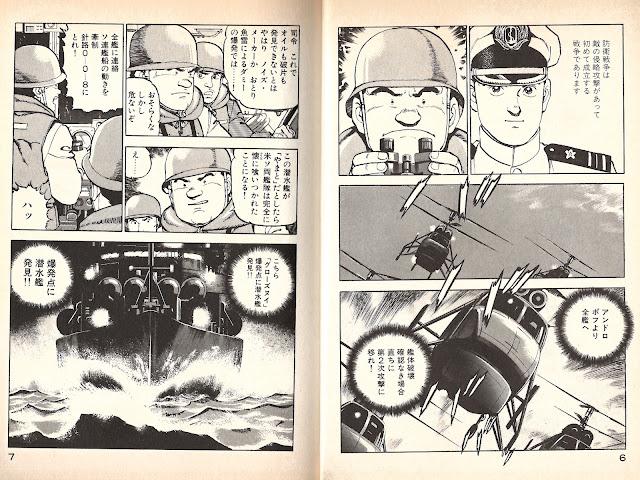








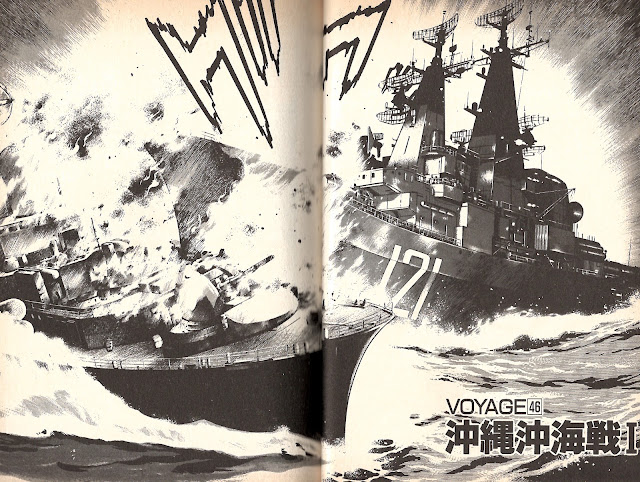

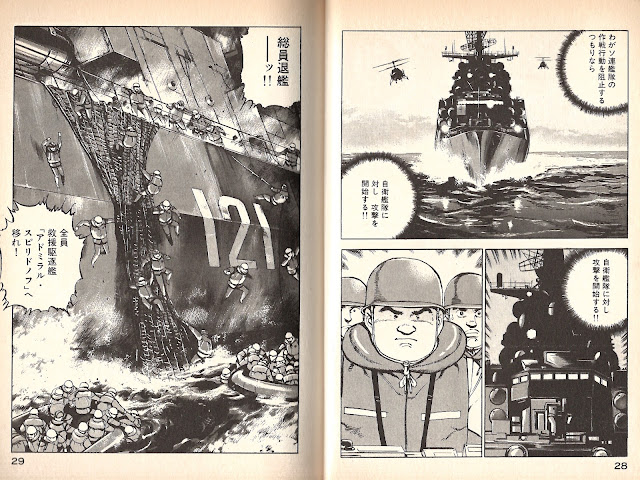












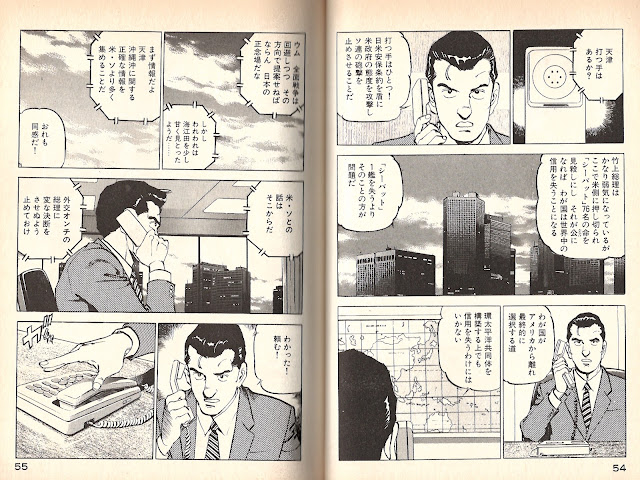












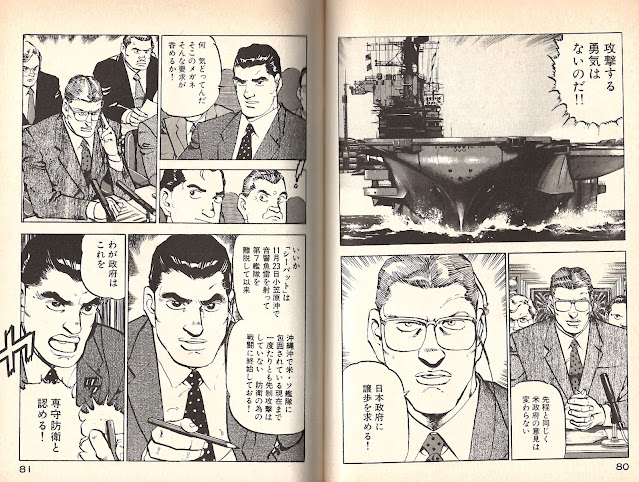






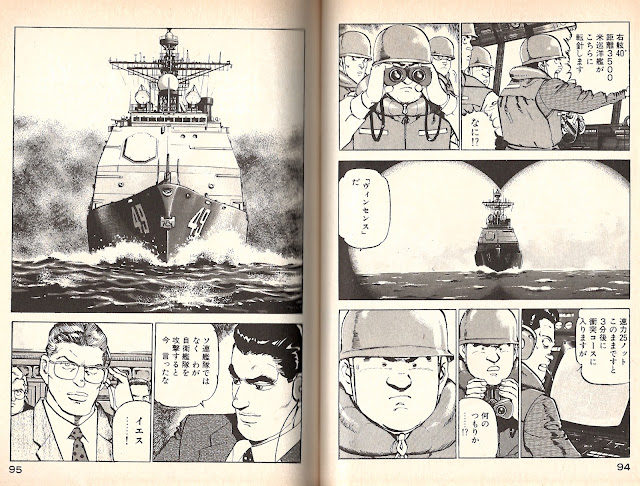
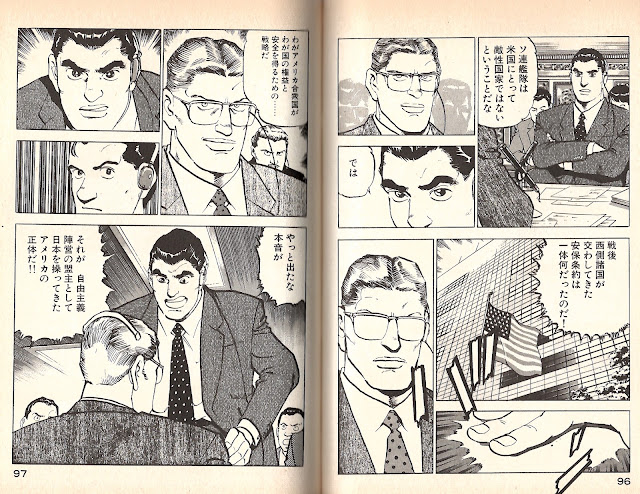

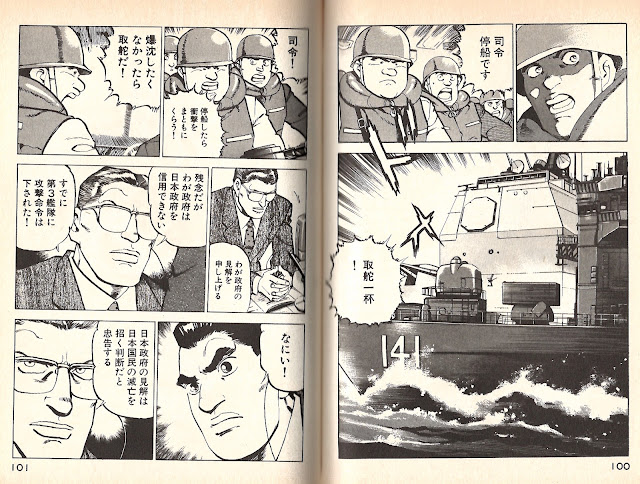








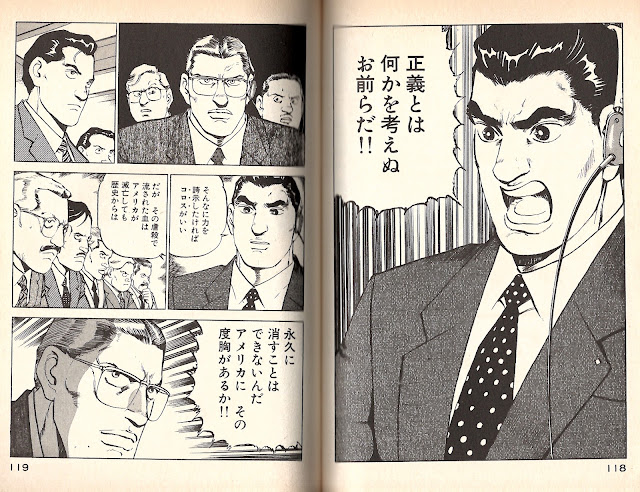





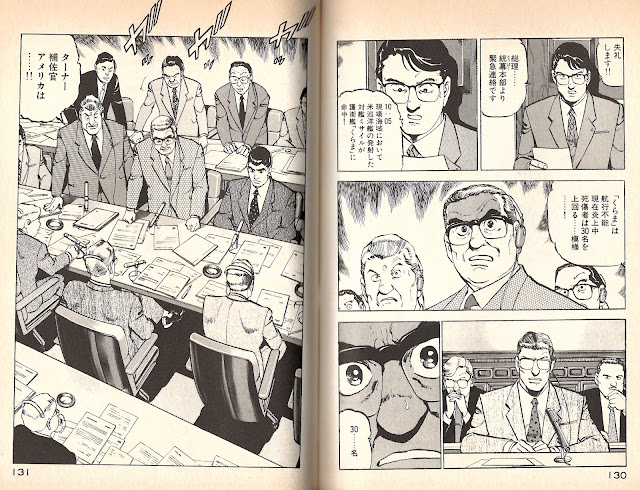





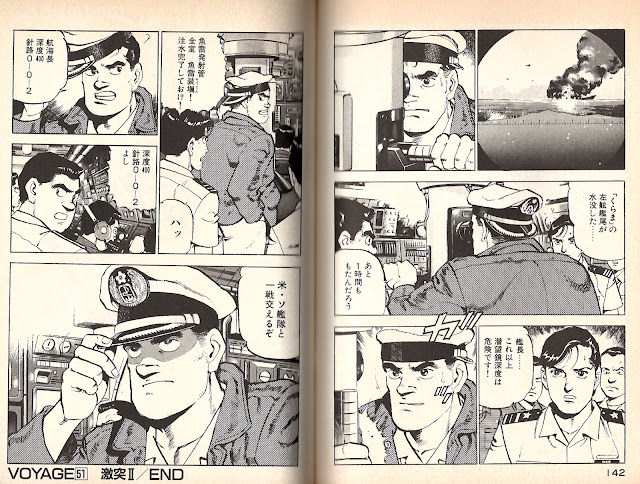

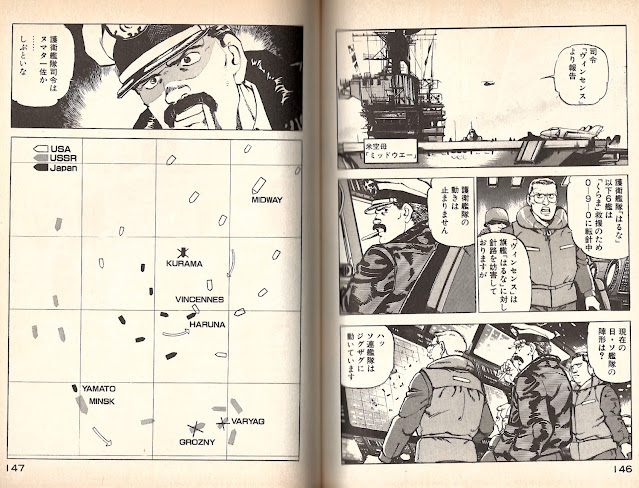




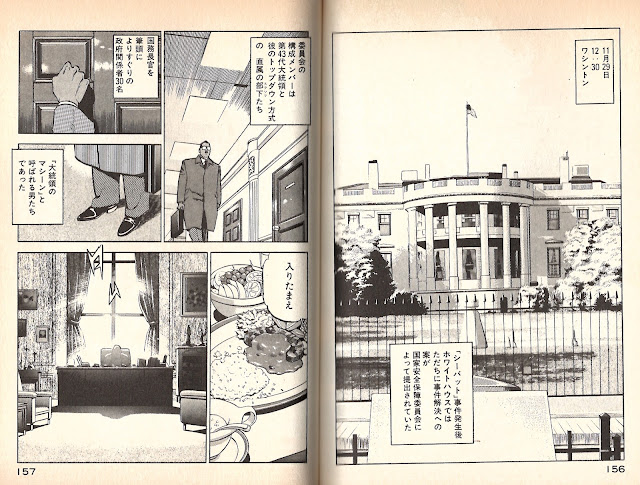

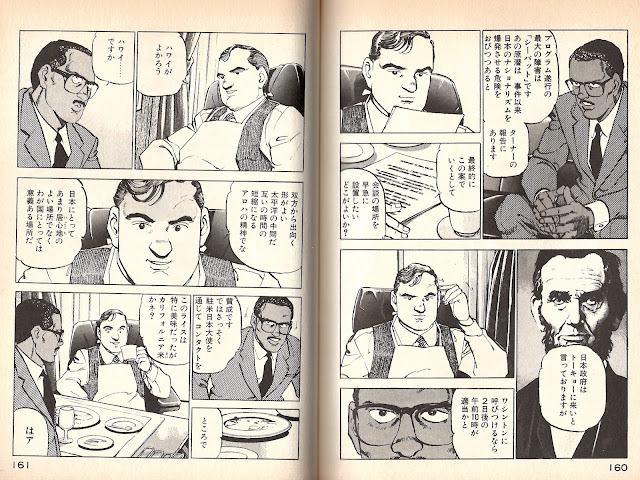




































.png)
.png)
.png)

.png)









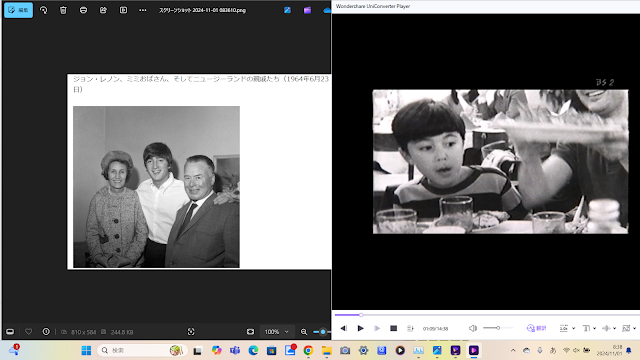



































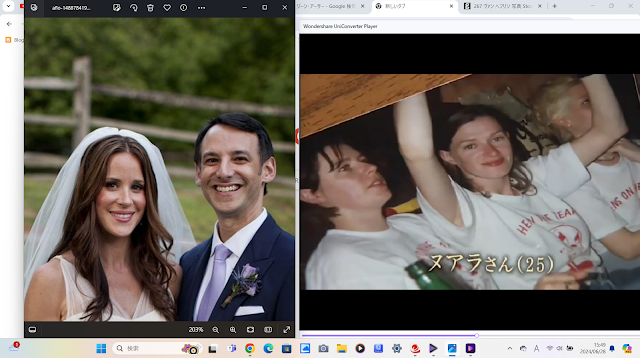



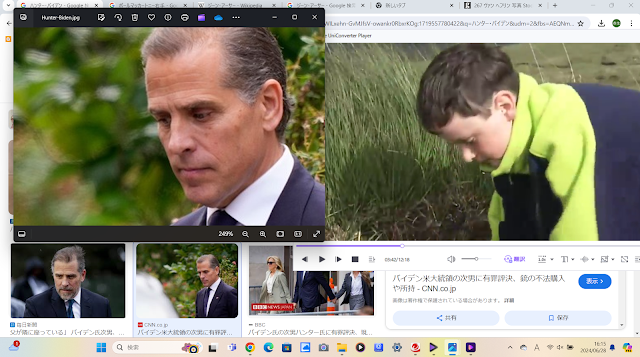
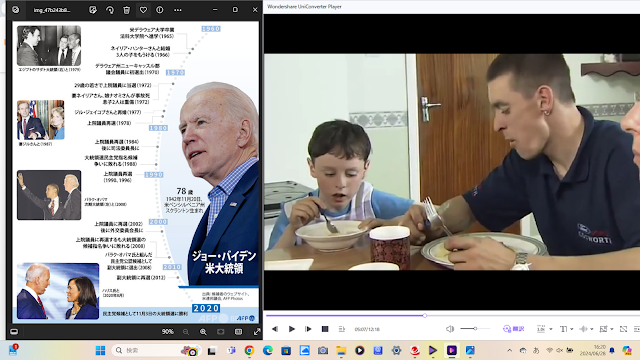
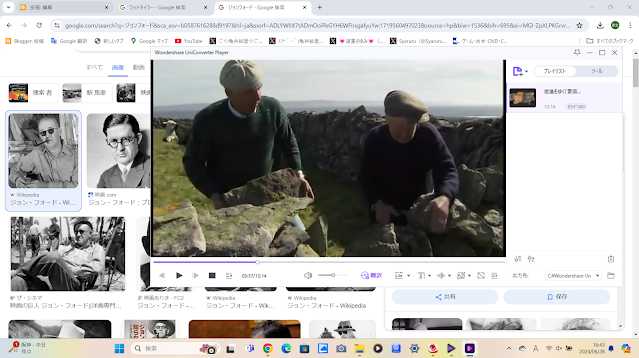


































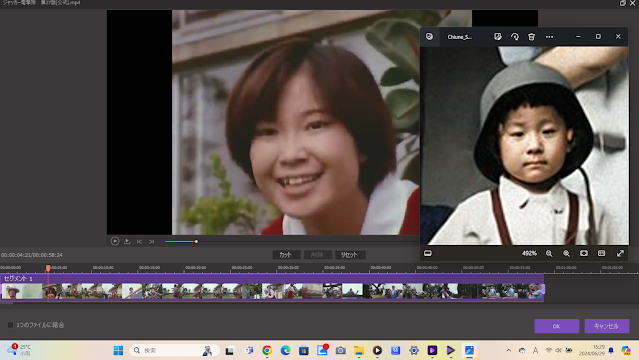
,_Germany,_1941._Colorized_by_Julius_J%C3%A4%C3%A4skel%C3%A4inen.jpg)























































